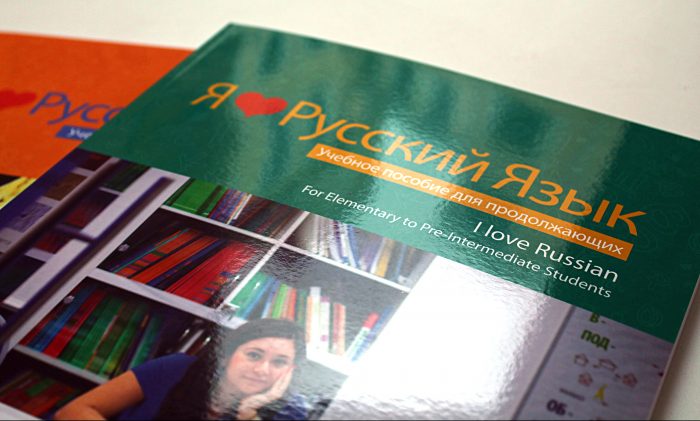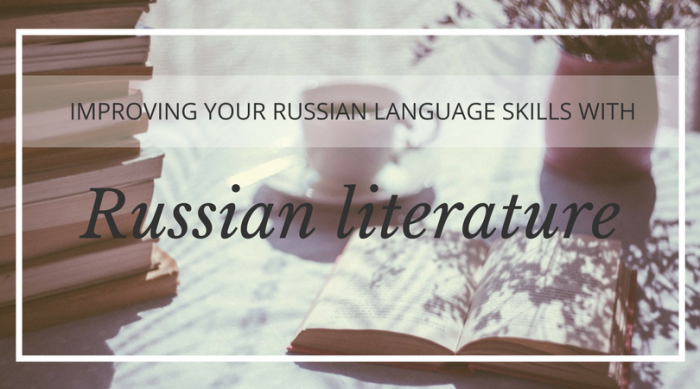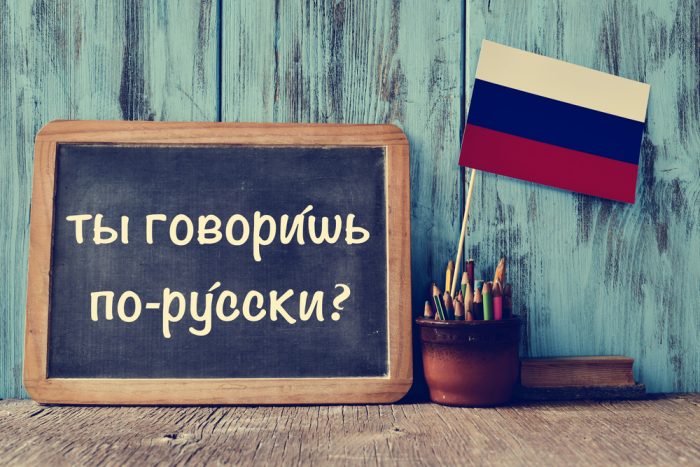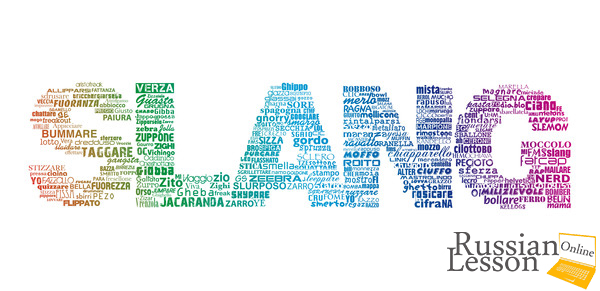
One of the things that are really useful to expand one’s vocabulary is reading – especially if you are not so fond of Russian Youtube. (Save the “duh”, it’s the introduction, it must be a bit obvious, to blow your mind later). I would therefore like to present you readers with a few options of books you should read, according to your level of language knowledge, and a few places in which you can find them pretty cheap!
From the most basic level to the most advanced one, there are books that fit every taste and need. As a literature lover, I personally do not like adapted books, but if you don’t mind reading what was once rich and has now became an almost tasteless bolus, you know this option also exists. About “original” literature,Маленький Принц, Le Petit Prince, is a good beginning pick. Same for Lev Tolstoy’s Азбука, which is however more of a manual. Moving a bit up I can recommend (as my teacher, in turn, recommended me) short stories by Anton Chekhov or the ones written by Sergey Dovlatov. Poet and writer Daniil Kharms also wrote some interesting (however absurd, for the most part) short stories, which can be easily found on the Internet (check here, for example). Almost to the top of the pyramid! You can start to read novels, and a good one, not too extreme, is Bulgakov’s ‘The Master and Margarita’. Once you are comfortable reading this, it means you are ready to read whatever you want! Молодец!
New Russian books can be found everywhere, even though I personally love Дом Книги on Nevsky, which has quite a remarkable choice, and not just the coolest setting in which you can find them. If you want to order online and maybe save some rubles, there are also plenty of options. I’ve used Ozon.ru, which deploys your order to a pick-up place of your choice, nothing easier. If what you are looking for is second hand books at derisory prices, Старая Книга has a few places around St. Petersburg, one of which is on Nevsky, close to the Hermitage. The second alternative place I suggest is Книги Искатель, which has a bigger choice of narrative literature. The only thing you have to arm yourself with is perseverance, since as much it takes to scroll though the chaos of their inventory to find books. But that’s the fun part, isn’t it?
If you have any further advice for readers or can recommend fome other Russian book, please comment below! In any case, enjoy reading!

Students will be happy to learn that the Russian Government has today announced plans to make Russian language easier in an effort to simplify greater international engagement. …

In a previous post, we revealed that Russians don't really say “na zdarovje” when they toast. While the phrase has been popularised in English language media – and a lot of Russians will nod politely and clink glasses with you if you use it – it’s not something a native speaker would ever…

Improve your Russian while working as an expat? Mission possible! …

What could be a better way for Russian immersion than reading, especially when you read the books that you find interesting and that can give you a better idea of the culture of Russia? Co-founder of Liden & Denz, Walter Denz shares his experience on how reading Russian literature can improve your…

Learning a language is hard. Keeping it when you don't have classes is even harder. So this article is not about how to learn Russian, but how to maintain your Russian. …

Learning the Russian language can be a long, hard slog. Days, weeks, months spent poring over textbooks, attempting to understand the cases, crying over aspects, endeavouring to pronounce ы and щ. …

Many language learners desire to communicate well with native speakers of the language or those who speak it. I have always dreamt of talking more fluently and texting through social media with my Russian friends better. It is no exaggeration to say that good communication skill gives you an…

If you are already able to speak Russian, then congratulations! You are on a good way. But even if you are, let’s say, on level B2, you have probably been in situations with Russians, especially younger people, where you did not understand everything they said — either because they were speaking…